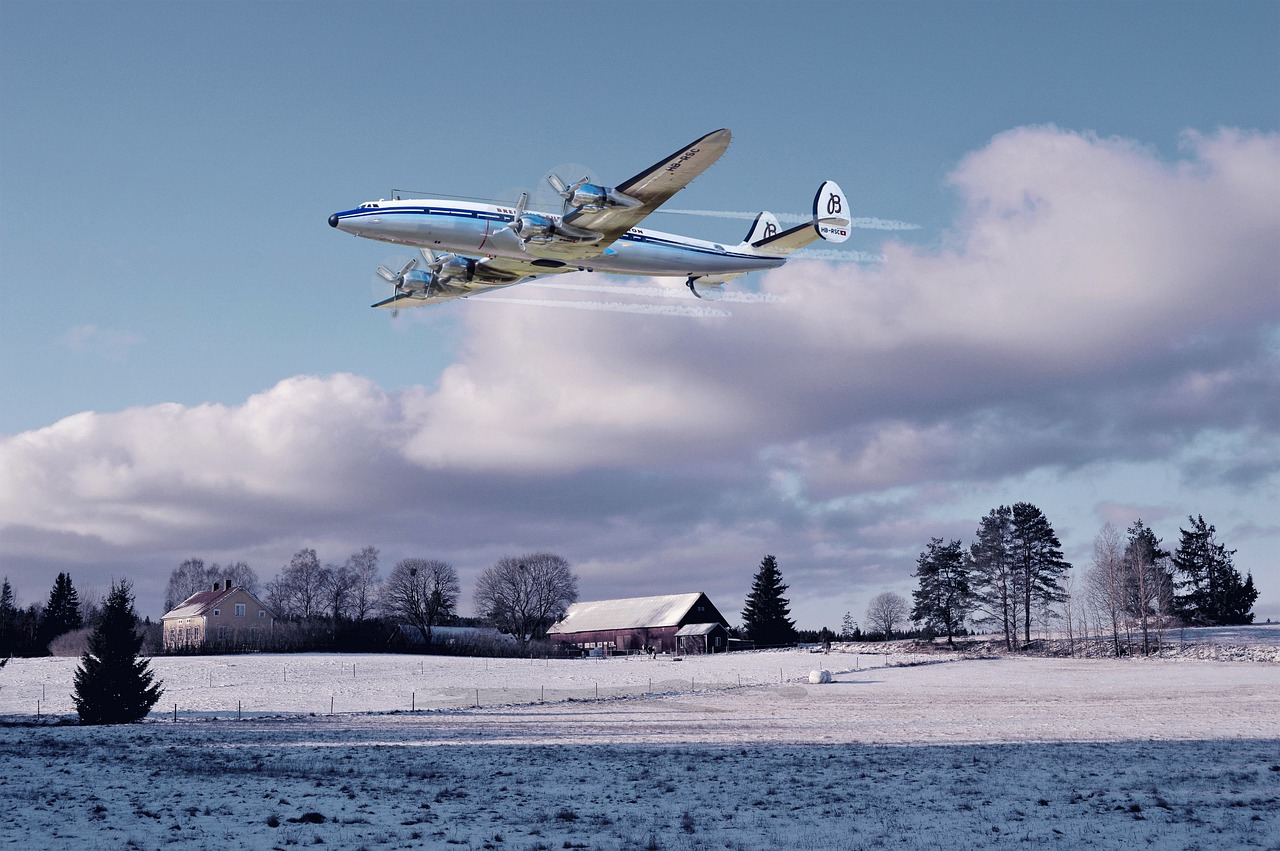How AI is Shaping Aviation
Artificial Intelligence (AI) is revolutionizing aviation by enhancing safety, efficiency, and passenger experience. AI-driven innovations are optimizing everything from predictive maintenance to air traffic control, ensuring smoother operations and improved flight performance. Airlines and aircraft manufacturers are heavily investing in AI to streamline processes, reduce costs, and increase reliability.
AI Applications in Aviation
- Predictive Maintenance: AI analyzes aircraft data to detect potential failures before they occur, reducing downtime and enhancing safety.
- Air Traffic Management: AI optimizes flight paths, reduces congestion, and improves efficiency by analyzing vast amounts of real-time air traffic data.
- Autonomous Systems: AI assists pilots in navigation, decision-making, and automated takeoff and landing procedures, reducing the risk of human error.
- Enhanced Customer Experience: AI-powered chatbots and virtual assistants help passengers with booking, flight updates, and personalized travel recommendations.
- Pilot Training and Simulation: AI-driven flight simulators provide realistic training scenarios, enhancing pilot preparedness and skills.
The Future of AI in Aviation
As AI technology advances, it will lead to fully autonomous aircraft, improved air traffic control systems, and more reliable predictive analytics. AI is expected to play a crucial role in future air travel, ensuring safer, more efficient, and cost-effective operations. The aviation industry is continuously exploring new AI applications, pushing the boundaries of what’s possible in air travel.



